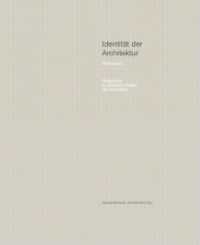- ホーム
- > 洋書
- > 英文書
- > Business / Economics
Full Description
Today, extraordinary wealth seems to arrive from nowhere. The trick of conjuring this unearned wealth is, in fact, the key to understanding capitalism's origins and a clue to why the catastrophe of climate collapse is upon us: value is created by consuming the future.
The Alibi of Capital explains how this came about through the imperial expansion of the West, encumbering today's generations with repayments on earlier extractions. Timothy Mitchell identifies the forms of capitalisation, credit, and coercion that turn prospective assets into present income. Rejecting the common idea that claims on the future create only financial or fictitious capital, he traces the terraforming projects - the destruction of rivers, the colonising of territory, the expansion of infrastructure, and the burning of carbon - through which the future has been squandered. Terms such as finance, technology, the economy, and growth function as alibis that conceal this devastating form of extraction.
Contents
Introduction. Uber Eats: How Capital Consumes the Future
Chapter 1. Ground Breaking
Chapter 2. On Rivercide
Chapter 3. Capitalism as a Detour
Chapter 4. Reading the Book of the Future
Chapter 5. Economentality: How the Future Entered Government
Chapter 6. The Properties of Markets
Chapter 7. Infrastructures Work on Time
Chapter 8. A Better Tomorrow, Tomorrow? Climate Crisis and the Alibi of Growth







